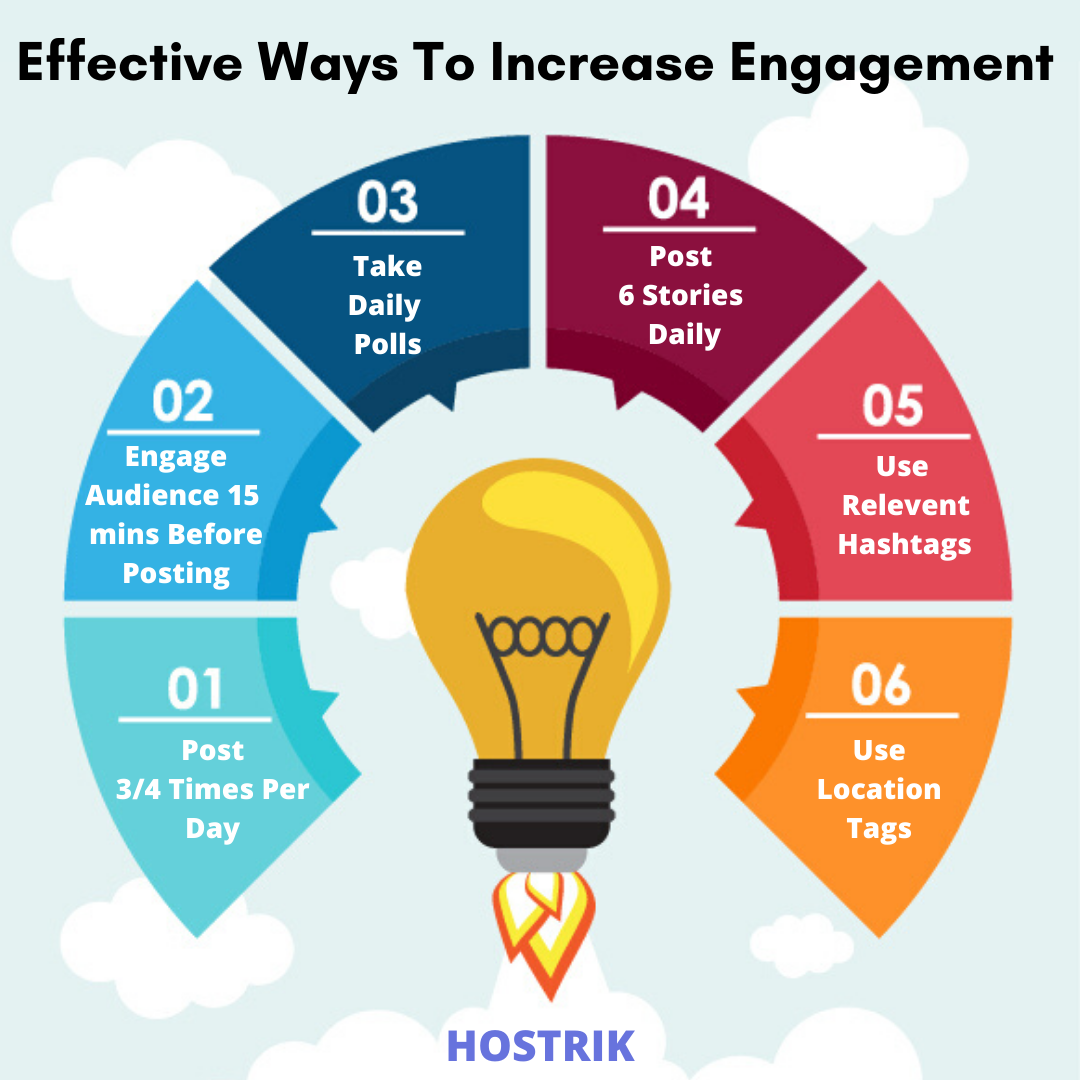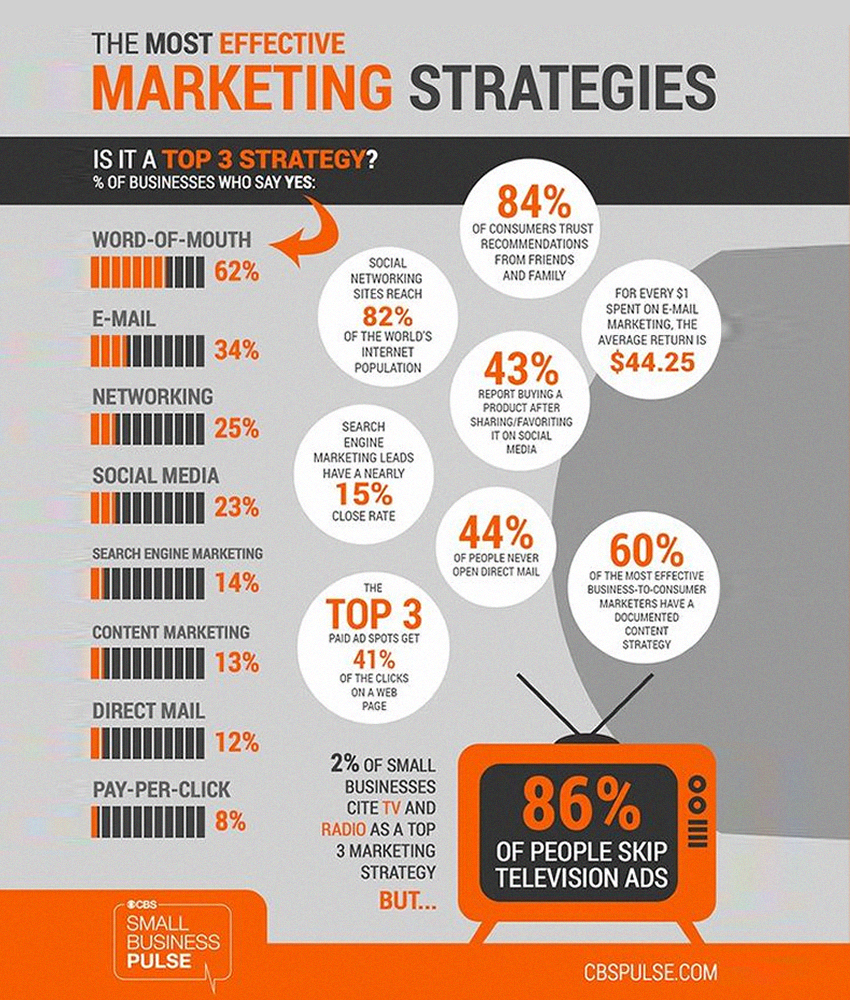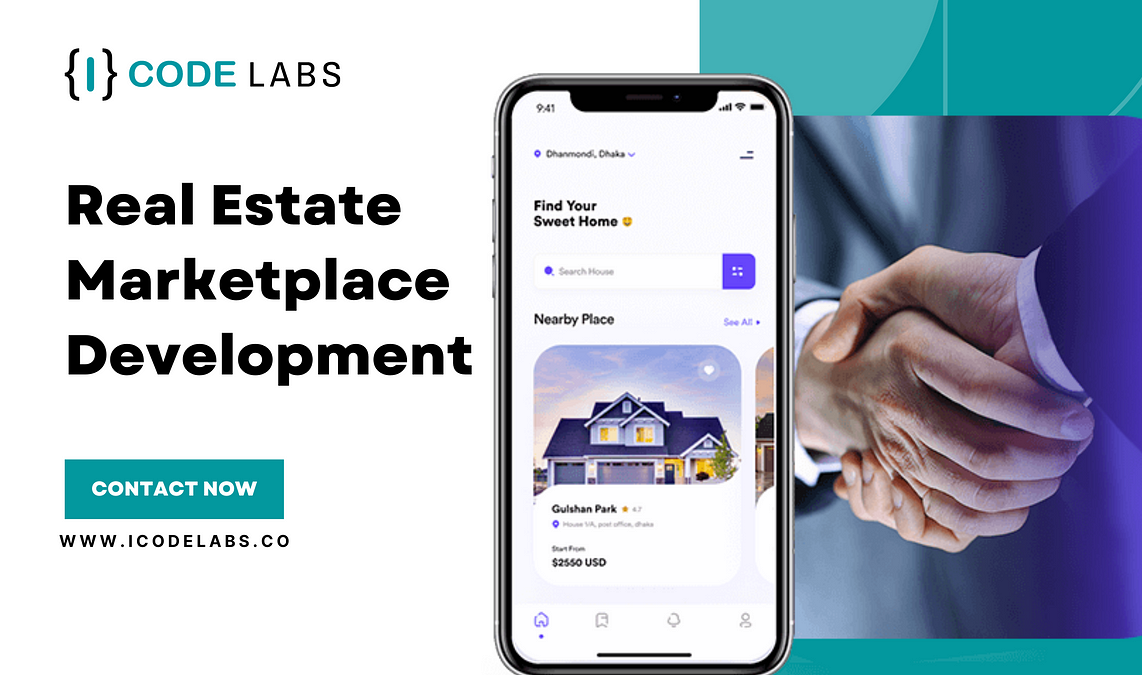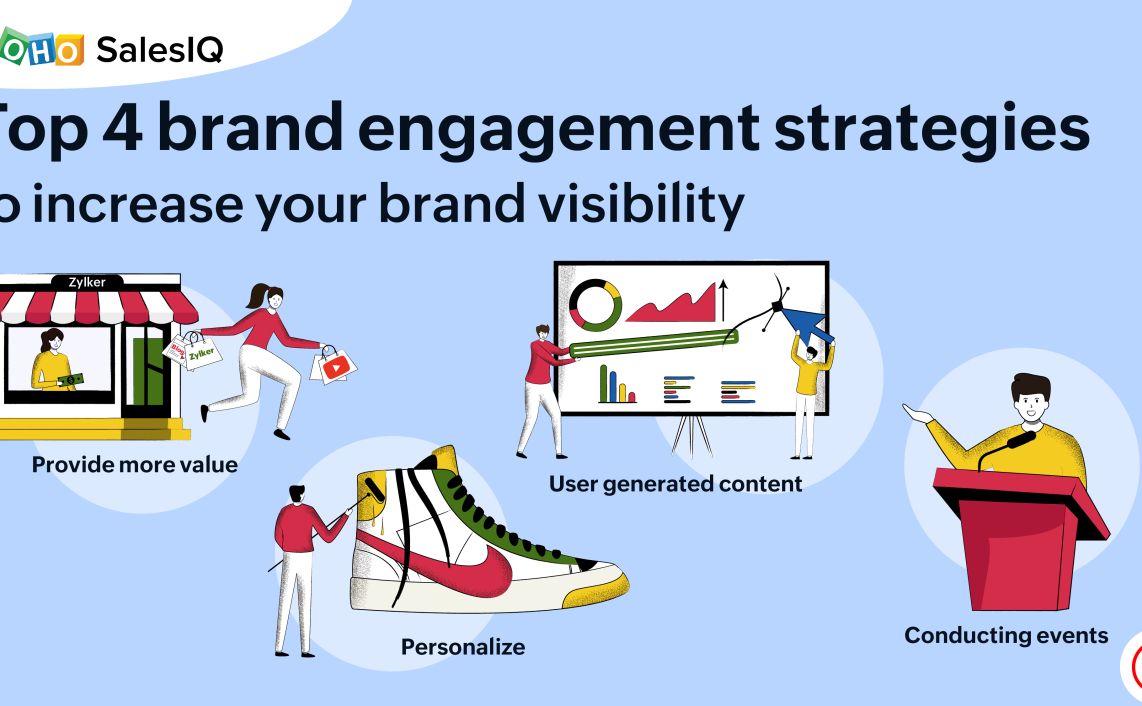[Effective Strategies For Enhancing Marketing Engagement]

Executive Summary

In today’s competitive landscape, capturing and retaining consumer attention is paramount for any successful marketing campaign. This article delves into effective strategies for enhancing marketing engagement, exploring techniques that go beyond traditional methods to create compelling experiences that resonate with audiences. From crafting impactful content to leveraging data-driven insights, this comprehensive guide provides actionable steps to elevate your marketing efforts and drive meaningful connections with your target market.

Introduction
In the digital age, consumers are bombarded with an overwhelming amount of information, making it increasingly challenging for businesses to cut through the noise and make a lasting impression. Marketing engagement is no longer a mere checkbox on a campaign checklist; it’s the cornerstone of successful brand building and lasting customer relationships. This means actively engaging consumers, fostering meaningful interactions, and building trust through genuine connection.
FAQs
Q: What is marketing engagement?
A: Marketing engagement refers to the level of interaction and connection consumers have with your brand. It encompasses a range of activities, from clicking on your ads to leaving reviews, sharing your content, and participating in your events.
Q: Why is marketing engagement important?
A: High levels of engagement translate to increased brand awareness, stronger customer loyalty, and ultimately, higher sales. Engaging customers creates a sense of community and strengthens the bond between your brand and its audience.
Q: How can I measure marketing engagement?
A: There are various metrics to track engagement, such as website traffic, social media interactions, email open rates, and customer reviews. By analyzing these data points, you can understand how effectively your marketing initiatives are resonating with your audience.
Crafting Compelling Content
Compelling content is the foundation of any successful engagement strategy. It’s what captures attention, sparks curiosity, and inspires action.
- Know Your Audience: Before you start creating, understand your target audience’s needs, interests, and pain points. This ensures your content is relevant and resonates with them.
- Focus on Value: Provide valuable information, entertainment, or solutions that address your audience’s concerns. Focus on how your content can benefit them.
- Tell Stories: Stories are powerful tools for engagement. Share relatable narratives that connect with your audience on an emotional level.
- Embrace Diverse Formats: Experiment with various content formats, such as blog posts, videos, infographics, podcasts, and social media updates. This keeps your content fresh and caters to different consumption preferences.
Building a Strong Social Media Presence
Social media platforms offer unparalleled opportunities for two-way communication and direct engagement with your audience.
- Choose the Right Platforms: Focus your efforts on platforms where your target audience is most active. Tailor your content to each platform’s unique features and audience expectations.
- Interact Regularly: Engage with your followers by responding to comments, asking questions, and participating in relevant conversations. Be present and actively participate in your community.
- Run Engaging Contests and Giveaways: Offer incentives to encourage participation and generate excitement around your brand. This can be a great way to boost engagement and drive brand awareness.
- Leverage User-Generated Content: Encourage customers to share their experiences with your brand using relevant hashtags. This builds trust and authenticity.
Optimizing Your Website for Engagement
Your website is your online home and a crucial touchpoint for engaging with your audience.
- Design for User Experience: Create a website that is user-friendly and visually appealing. Optimize navigation, load times, and mobile responsiveness to ensure a seamless experience.
- Incorporate Interactive Elements: Add features like quizzes, polls, calculators, and live chat to encourage user participation. These interactive elements can keep users engaged and provide valuable insights.
- Offer Personalized Content: Leverage data and AI to deliver personalized content tailored to individual user preferences and interests.
- Make it Easy to Contact You: Clearly display contact information and provide multiple channels for communication, such as email, phone, and live chat.
Leveraging Data and Analytics
Understanding your audience’s behavior is crucial for optimizing your engagement efforts.
- Track Key Metrics: Monitor key performance indicators (KPIs) such as website traffic, social media engagement, email open rates, and conversions.
- Analyze Data Insights: Use data analysis tools to uncover patterns and trends in customer behavior. Identify what’s working and what needs improvement.
- A/B Test Your Campaigns: Experiment with different variations of your content, ads, and landing pages to determine what performs best. This data-driven approach helps refine your strategies.
- Personalize User Experiences: Utilize data to personalize content, recommendations, and offers. This provides a more relevant and engaging experience for each individual user.
Fostering a Sense of Community
Building a sense of community around your brand creates loyal customers who feel connected and invested.
- Host Online and Offline Events: Organize webinars, contests, meetups, or workshops to bring your audience together.
- Encourage Customer Feedback: Actively solicit feedback through surveys, reviews, and social media polls.
- Create a Loyal Customer Program: Offer exclusive benefits and rewards to your most loyal customers to demonstrate your appreciation and build deeper relationships.
- Be Authentic and Transparent: Build trust by being transparent in your communication and demonstrating genuine care for your customers.
Conclusion
Marketing engagement is an ongoing process that requires constant adaptation and improvement. By implementing these strategies, you can create compelling experiences that resonate with your target audience, foster meaningful connections, and drive lasting engagement with your brand. Remember, it’s not just about reaching your audience; it’s about building relationships, creating communities, and fostering a sense of loyalty that extends far beyond a single transaction.
Keyword Tags
- Marketing engagement
- Content marketing
- Social media marketing
- Website optimization
- Data analytics







